Black Music Matters
Black Music Matters
Jazz and the Transformation
of Music Studies
Ed Sarath
ROWMAN & LITTLEFIELD
Lanham Boulder New York London
Published by Rowman & Littlefield
An imprint of The Rowman & Littlefield Publishing Group, Inc.
4501 Forbes Boulevard, Suite 200, Lanham, Maryland 20706
www.rowman.com
Unit A, Whitacre Mews, 26-34 Stannary Street, London SE11 4AB
Copyright 2018 by The Rowman & Littlefield Publishing Group, Inc.
All rights reserved. No part of this book may be reproduced in any form or by any electronic or mechanical means, including information storage and retrieval systems, without written permission from the publisher, except by a reviewer who may quote passages in a review.
British Library Cataloguing in Publication Information Available
Library of Congress Cataloging-in-Publication Data
Names: Sarath, Ed, author.
Title: Black music matters : jazz and the transformation of music studies / Ed Sarath.
Description: Lanham : Rowman & Littlefield, 2018. | Includes bibliographical references and index.
Identifiers: LCCN 2018015357 (print) | LCCN 2018016767 (ebook) | ISBN 9781538111710 (electronic) | ISBN 9781538111703 (cloth : alk. paper)
Subjects: LCSH: MusicInstruction and study. | JazzInstruction and study. | Curriculum change. | Musicology.
Classification: LCC MT1 (ebook) | LCC MT1 .S268 2018 (print) | DDC 780.71dc23
LC record available at https://lccn.loc.gov/2018015357
 TM The paper used in this publication meets the minimum requirements of American National Standard for Information Sciences Permanence of Paper for Printed Library Materials, ANSI/NISO Z39.48-1992.
TM The paper used in this publication meets the minimum requirements of American National Standard for Information Sciences Permanence of Paper for Printed Library Materials, ANSI/NISO Z39.48-1992.
Printed in the United States of America
In memoriam Geri Allen
Introduction
Your creatingit comes from the heart, the spirit, the soul. Youre not manufacturing somebody elses plan, somebody elses blueprint, somebody elses idea thats not yours.... It comes from within you. Alice Coltrane
If, as held by cultures from time immemorial, music is a direct expression of the soul, then the question looms large for a country as diverse as twenty-first-century America: What constitutes the nations musical soul? What music, in other words, most directly emanates from the deepest recesses of our countrys individual and collective consciousness, and in so doing reflects the totality of forces that shape national identity, and represents our most distinct contribution to the cultural mosaic of humanity?
This book is predicated on the view that black music, with a particular focus on jazz, is this distinctly American musical expression, and on the importance of this musicculture relationship not only in musical practice and studies but also for education and society at large. A society disconnected from its musical roots is disconnected from its soul, and thus prone to all manner of internal and external divisions, conflicts, and pathologies. A society with its musical/spiritual roots intact is capable of sustaining vitality and wholeness in all facets of life, and also serving as a transformative catalyst for all humankind. When the U.S. House of Representatives in 1997 declared that jazz is a national treasure that needs to be preserved, understood, and promulgated, ramifications could be inferred on both accounts: not only is it imperative that this African American musical idiom, which has unfortunately been marginalized in our countrys educational systems and national identity, be recognized as central to our own cultural integrity, but it is also imperative to recognize jazz as a quintessentially American contribution to world culture with important ramifications for arts-driven planetary healing.
Extending on prior work, an emergent, consciousness-based worldview called Integral Theory informs my inquiry. Integral Theory unites the analytical rigors of science, the deep interiors of spirituality, and the robust creativity of the arts in a remarkably expansive vision of human nature and evolutionary potential that I believe is particularly timely at the present juncture in human history. A jazz-driven, integral paradigm of music studiesone that harnesses the unmatched capacities inherent in the genre to support wide-ranging musical navigationhas the capacity to not only revolutionize how musicians, music teachers, and music scholars are trained, but also re-enliven the inextricable connection between music and soul that is key to a new vision for our world. Moreover, rather than merely joining the ever-growing chorus of appeals for music studies reform, I take a further stepthat of critically interrogating limiting patterns in the change conversation itself. The time has come for a shift from what I call lower order reform discourse to higher order visioning if the broader transformation is to ensue. This will require change agents to fundamentally rethink the underlying assumptions that guide the conversation and the prevailing language and terminologyincluding the very term jazzthat reify these assumptions, and also recognize how these and a host of related patterns have been inherited from the very framework the reform of which is sought.
Defining Black Music
What do I mean by black music? Where does jazz fall within this broad category? What about the multitude of other genres within black music when it comes to defining American musical identity, let alone the place of European and other musical traditions in this identity? What are the transformative features of black music that justify the above claims regarding its significance in American culture, global culture, and broader transformative impact?
To begin: black music comprises a long legacy of African-based and African Americanbased forms and practices that have evolved through contact with a wider range of cultural influences, and in turn have significantly impacted musical practice across wide-ranging cultural boundaries. Defined in terms of its manifestations on Americas shores alone, the black music spectrum is indeed vast, encompassing the field hollers, ring shouts, work songs, and spirituals that first surfaced on southern plantations, the powerful musical practices that evolved from those times to this day in the African American church, and the larger continuum including blues, funk, rock, bebop, techno pop, hip hop, and more that extends from these roots and pervades the broader society. Whenmoving beyond American bordersone delves into the African roots of this expanse, as well as its many global extensions, the enormity of the black music wave on a planetary scale is all the more striking.
Unfortunately, awareness of black music as this powerful cultural, artistic, and spiritual resource has been minimal in our overall educational systems, and particularly in our music schools. Providing perhaps the most sobering evidence of this point: An American music education major is still likely to graduate from an American music school with certification to teach music in American public schools with little or no hands-on engagement, let alone substantive skills, in this core aspect of American musical culture. Until this happens, American society will remain disconnected from its musical soul, key to its cultural and spiritual identity, rendering the nation oblivious to its most distinctive contribution to global culture, at a time when connection with this transcendent and robustly creative source has never been more urgently needed. A closer look at jazz supports this perspective.

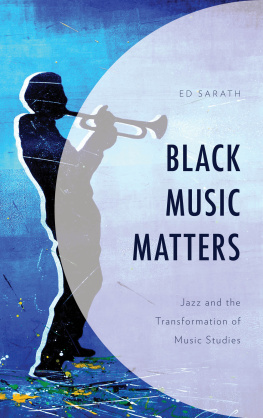

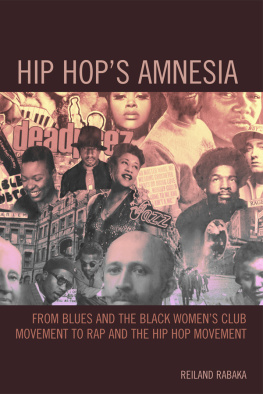

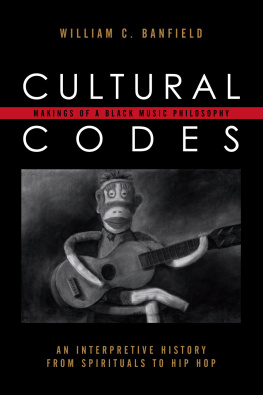
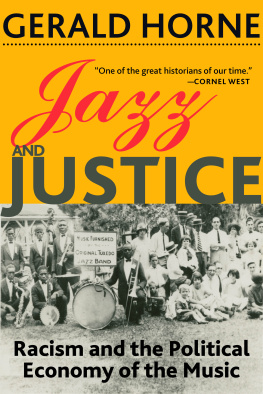

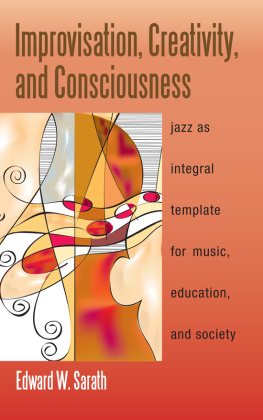
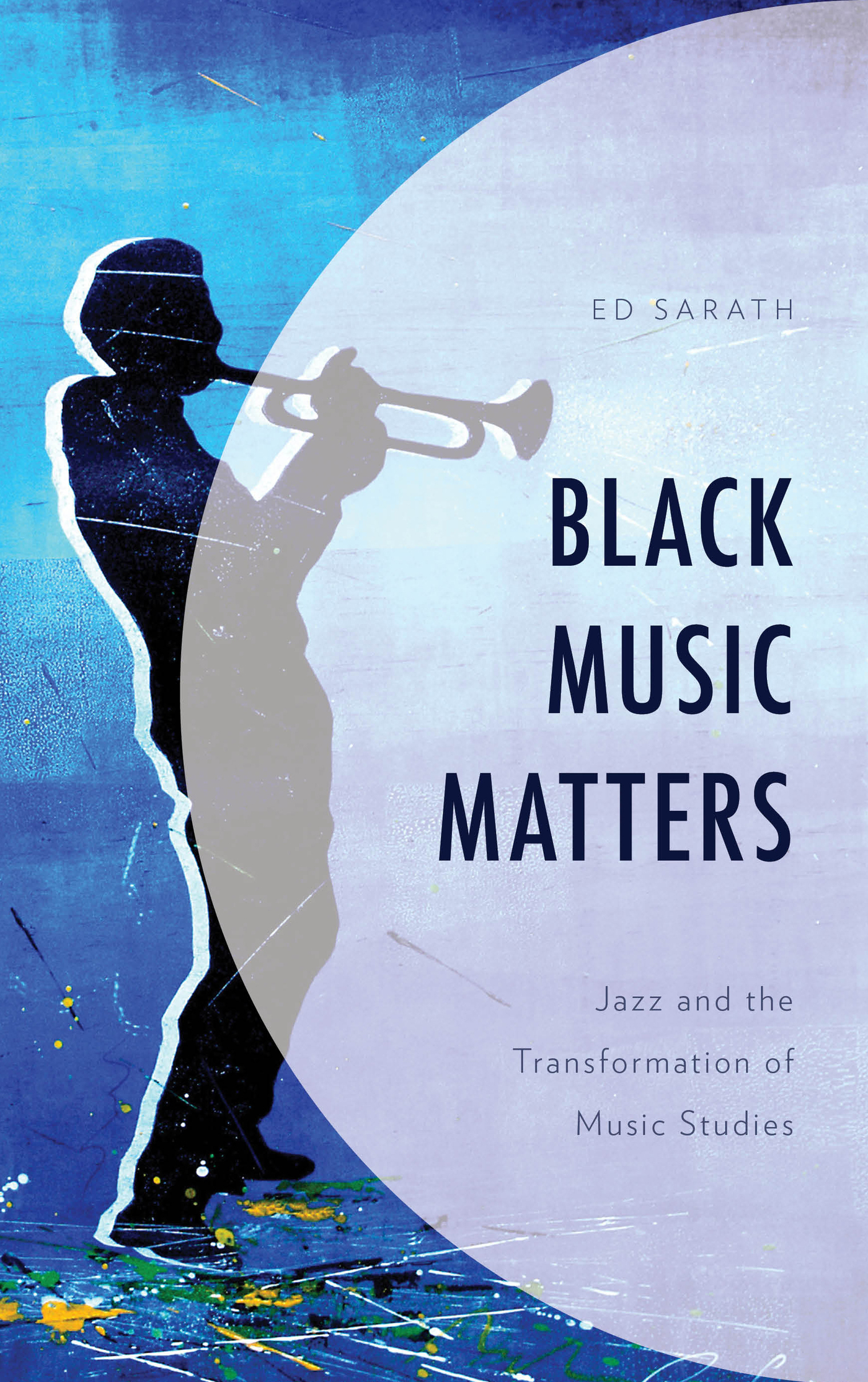
 TM The paper used in this publication meets the minimum requirements of American National Standard for Information Sciences Permanence of Paper for Printed Library Materials, ANSI/NISO Z39.48-1992.
TM The paper used in this publication meets the minimum requirements of American National Standard for Information Sciences Permanence of Paper for Printed Library Materials, ANSI/NISO Z39.48-1992.